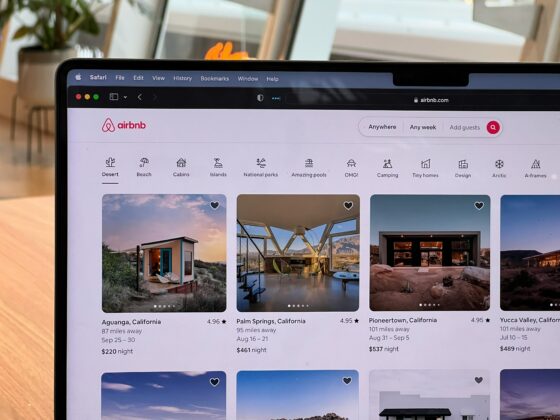
“On the hotel side, revenue managers are used to benchmarking against the comp set,” he explains. “We look at the RevPAR index and how we’re doing versus the competition and the market, but there are more sophisticated ways to evaluate performance. It starts with understanding demand. Demand tends to be discussed as bookings. But booking is not demand. Demand revolves around why the customer came to our website, what they’re shopping for, and most importantly, why did I lose them? Understanding these digital patterns is something that revenue managers need to do more of.”
Future of Revenue Management
When asked what revenue management of the future will look like, Cisneros said he believes that technology—especially with the way AI is quickly evolving—will support the creation of sophisticated, data-centric strategies that evaluate customers for both current and potential loyalty. Then hoteliers will be able to spend their time marketing to and engaging with their most valuable customer sets.
The Operational Impact of Data
Interestingly, Cisneros explains that this high-quality data can not only inform important revenue strategies but also operational strategies, specifically when it comes to labor.
As attribute-based selling makes more inroads within the hospitality industry, Mint House has seen some of its own customers take advantage of specific upselling opportunities it provides. For example, the company offers a service called “Stock Your Stay” that allows guests to purchase groceries and have them waiting in the refrigerator or pantry prior to their arrival. Mint House also partners with local restaurants to ensure guests can have food delivered to their door or even to the on-property pool with the same ease as ordering from an on-site restaurant.
“We are always looking for ways to improve the customer experience and drive revenue,” he notes.
Build vs. Buy: A Balanced Approach
Cisneros has worked within the hotel tech space for many years and has had the opportunity to both build in-house revenue management systems and outsource them. When asked if he has a preference for one over the other, he discussed how every organization is structured differently, with its own goals, which makes it difficult to favor a side in the build vs. buy debate.
“Revenue management at Mint House is a bit more complicated than at other hotels because we are not only trying to make pricing decisions for guests who want to come for just one night, but also for guests who want to stay as long as six months,” he states. “Because we attract such mixed company, we partner with some vendors that provide revenue management services for hotels and we also have some tools outside of RMS we’ve developed internally—including integration with some BI tools—that allow us to decide what the ideal mix of short- and long-term rentals will be.”
According to Cisneros, another advantage has to do with his team of five revenue managers.
“They’re super talented, so it’s not just that we have access to good tools and good data, but also people who have great experience in pricing,” he declares.
The Challenge of Sourcing Revenue Management Talent
When asked if the industry has a hard time sourcing talented revenue managers, Cisneros said that the answer to that question is complicated because there are a few different types of revenue managers. For example, there are those who started in operations, then went into finance, and are now revenue managers. They understand how hotels operate, but they may not have the quantitative skill set for using BI and navigating data.
“We’ve lost a lot of talented individuals in this group because they go back to operations, become a GM, or move to other industries,” he points out.
The second group of revenue managers has technical training. They’ve studied data and analytics, they know SQL and Python, and they’re well-versed in statistics and algorithms. They could work for a technology company just as easily as a hotel brand.
“Hiring one of these individuals can be difficult for a hotel brand because they have so many work opportunities available to them and expect to be paid a salary that aligns with what a technology company will pay,” he remarks. “It’s when one of these individuals falls in love with revenue management and the hospitality industry that hoteliers get lucky.”
The third group of revenue managers has been working in this profession from the very beginning. They’re experts at using the CRS, PMS, and other revenue management platforms. They’re very comfortable with data and are very good at what they do.
“Hoteliers are constantly trying to steal good revenue management talent from other brands, and they usually come from this third category. They have a lot to offer, and they love the hospitality business, so they’re incredibly valuable,” he emphasizes.








